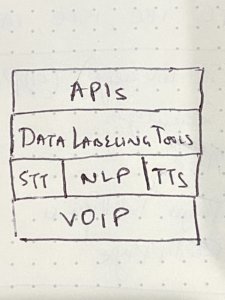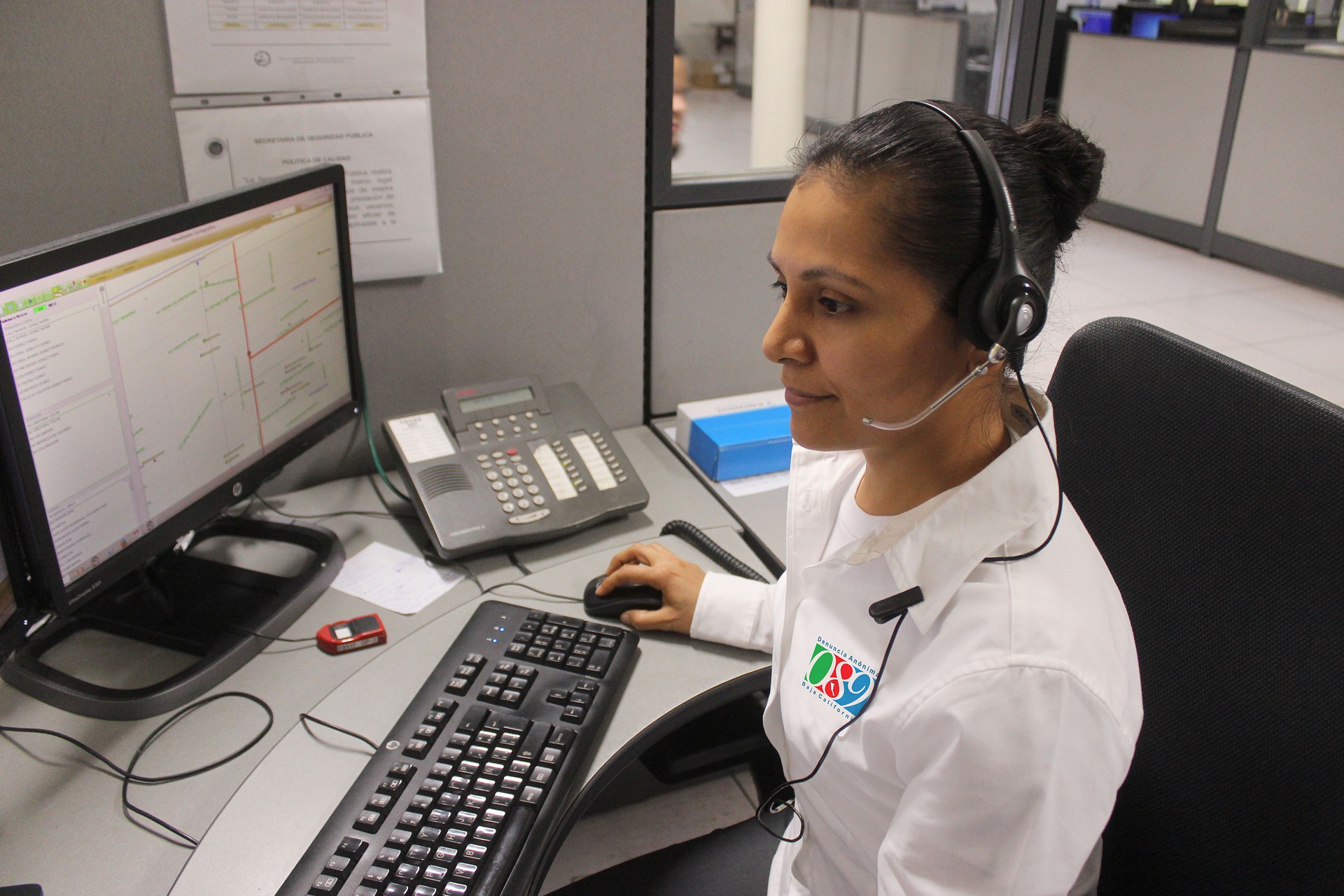Infinitus is a voice robotic process automation (VoiceRPA) company that is targeting the complexity and cost in U.S. healthcare. Another player in the healthcare robotic process automation (RPA) arena just completed a large capital raise. These RPA companies are bringing enterprise cloud/SaaS dynamism towards a much-needed re-platforming of the ailing and inefficient U.S. healthcare industry.
According to the company, recent advances across speech to text, multi-turn dialog engines and speech synthesis have made delivering the pipe dream of an intelligent voice-based conversational engine a possibility. Large technology players have developed technology for consumers across platforms like Alexa, Siri and Google Duplex. The Infinitus platform is using these breakthroughs to fix the healthcare interoperability problem.
The difference with Infinitus is voice. In recent years, rapid growth in RPA has been transformative for enterprises transitioning to data-centric, cloud-based models. Companies like UIPath, Blue Prism, and Olive are helping teams that do tedious and repetitive tasks use technology to mimic human actions and automate them, according to Infinitus. However, these technologies are limited by actions that can take place on a computer. Given the analog methods of communications in healthcare, traditional RPA breaks down when a workflow requires an offline action like sending or receiving a fax or a phone call. Part of the problem is an extreme shortage of healthcare professionals and those in front and back office settings are often juggling multiple tasks just to keep things running.
According to the company, there are 900 million annual calls made in the U.S. healthcare ecosystem, with the average length of 35 minutes. The average healthcare professional who works in an administrative role to make those calls dedicating some 4.5 hours each day to being on the phone.
Infinitus came out of stealth mode earlier this month and announced a $21.4 million in Series A funding from a group of leading investors. The round is being co-led by Kleiner Perkins and Coatue, with Gradient Ventures (Google’s early-stage AI fund), Quiet Capital, Firebolt Ventures and Tau Ventures addiing participation. There are also individual investments from a selection of executives across the worlds of AI and big tech: Ian Goodfellow, Gokul Rajaram, Aparna Chennapragada and Qasar Younis.
“Coatue is proud to have led the Series A in Infinitus,” says Yanda Erlich, a general partner at Coatue. “We are big believers in the transformative power of RPA and Enterprise Automation. We believe Infinitus’ VoiceRPA solution enables healthcare organizations to automate previously costly and manual calls and faxes and empowers these organizations to see benefits from end-to-end process automation.”
The Infinitus Tech Stack
Every phone call starts with our phone VOIP layer. Unlike traditional short lived REST requests, the data for the phone calls happen via longer lived connections like Websockets and WebRTC, which have unique networking requirements. Its backend architecture allows for cooperative work on all the different dataflows that an Infinitus phone call needs – transcribing and recording audio, Natural Language Processing (NLP), Speech Synthesis, etc, and all within the context of a single long lived connection. In the future, the company will explore alternate VOIP architectures and better traceability to harden its system against dropped connections and packets.
After the VOIP layer, the first step of its AI pipeline is Speech to Text (STT). Given that it’s the input layer for a multi stage NLP pipeline, errors from STT can cascade through the rest of the system. The company’s third party STT system provides a customized model for the type of audio received, a domain-specific vocabulary, evaluation model that ranks the multiple generated alternative transcriptions. In the future, Infinitus plans to explore custom acoustic and language models built on our audio libraries.

The NLP system then decides how to respond (if at all) based on the most recent utterance from the other party and the dialog state (inputs to call, outputs collected, and last N utterances). The engine is a combination of multiple models that are designed for different stages of most B2B healthcare conversations and has the flexibility to tailor the engine to customer needs. As a result, the company’s NLP system has many engineering challenges like tracking long running conversation state and context. The system also tackles traditional scientific challenges like training and evaluating different types of models for each type of context, industry and customer.
Infinitus’ data labeling platform has been a major focus of development in terms of frontend UX tools and methods of structured data collection for building machine learning models.
The company’s APIs ties it all together by allowing customer portals to both create tasks for the Infinitus AI to perform and process the results of completed tasks. In terms of security, the company has implemented a role based access control system for viewing data and has engaged with security vendors to analyze and fix potential vulnerabilities.
Another aspect of delivering value to its customers is teaching its AI systems the business rules and business intelligence that its customers have learned over the years about the data these phone calls collect. While its AI can and will eventually learn these rules on its own, by directly teaching our AI, it can incorporate this intelligence from day zero.

